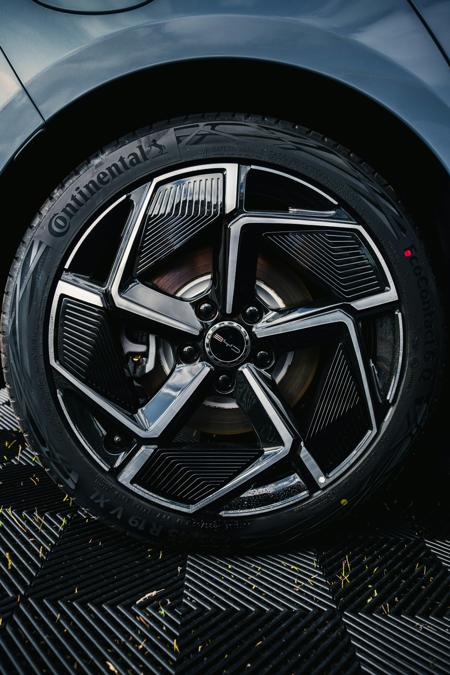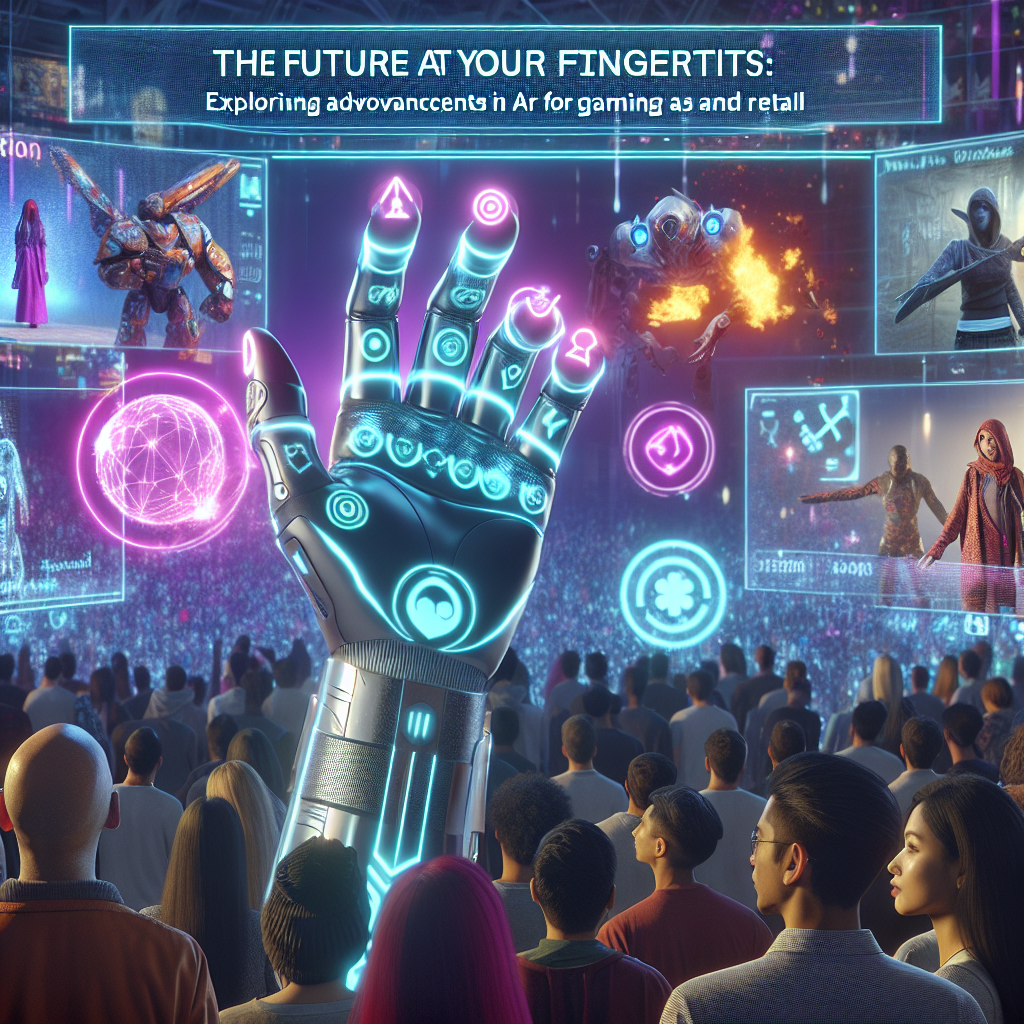Hey there, TechWaffle fans If you're anything like us, you're always on the lookout for the next big thing in tech. Well, buckle up because BYD, China's EV giant, has just dropped a bombshell that's about to revolutionize the electric vehicle game!
Imagine being able to charge your car in just five minutes. Sounds too good to be true? Not anymore. BYD has unveiled a breakthrough battery technology that does exactly that, adding an impressive 400 kilometers (about 249 miles) of driving range in barely enough time to grab a coffee. This isn't just fast; it's also as quick as filling up a gas tank, which could finally lay the charging anxiety to rest for EV enthusiasts[1][2].
So, How Does It Work?
BYD's magic happens thanks to its new battery architecture, which can handle an astonishing 1 megawatt of power. The secret lies in low internal resistance and a high-voltage system—up to 1,000 volts, to be precise[1][5]. This tech reduces heat buildup, allowing for ultra-fast charging without compromising the battery's lifespan. The Blade lithium-ion phosphate (LFP) battery is also a marvel, known for its safety and efficiency. It's so good that even Tesla is using it in some of its models[2].
Market Impact: The EV Landscape Shifts
This breakthrough has BYD taking over the EV scene, surpassing Tesla in global sales for the first time in 2024. The company's plan to build over 4,000 new charging stations across China will further cement its dominance[2][3]. But what does this mean for the rest of us? Well, if other manufacturers follow suit, we might see a global shift in how we use electric vehicles—making them more practical and appealing to a broader audience[3].
The Challenges Ahead
While this tech is incredibly promising, there are challenges to consider. Ultra-fast charging requires massive power draws, which could strain local electricity grids. Plus, setting up these high-powered charging stations doesn't come cheap[1]. Still, BYD is confident that its batteries can handle frequent fast charging without significant degradation[1].
Conclusion
BYD's latest innovation is not just a step forward—it's a leap. If the EV industry can address the infrastructure and sustainability challenges, we might soon see a future where electric cars are the norm, not the exception. Until then, let's keep an eye on BYD and see where this technology takes us next.
Photo by Tiago Ferreira on Unsplash


